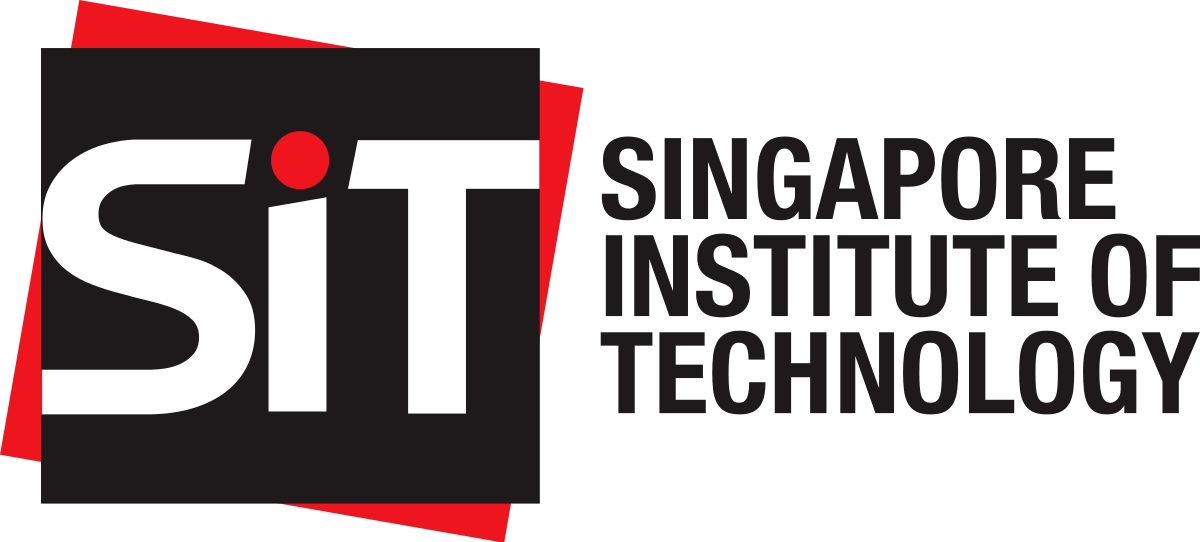
Research Fellow / Engineer (Renewable Energy and Coastal Protection) - TZY6
Singapore Institute of Technology
- Singapore
- Contract
- Full-time
- Participate in and manage the research project with Principal Investigator (PI), Co-PI and the research team members to ensure all project deliverables are met.
- Undertake these responsibilities in the project:
- Conduct advanced stochastic analysis of wave environments to evaluate the performance of floating structures. Analyze hydrodynamic behavior of floating breakwaters under varied sea conditions.
- Perform Computational Fluid Dynamics (CFD) simulations to optimize the design and performance of floating breakwaters.
- Develop finite element models for stability assessment, structural integrity, and dynamic response of floating systems.
- Design and analyze mechanical connectors for the integration of multi-purpose floating breakwater systems, ensuring structural stability and durability.
- Develop innovative designs for floating breakwaters that integrate wave energy converters (WECs), tidal energy systems, and solar energy platforms.
- Optimize design configurations to maximize energy harnessing and wave attenuation.
- Plan and conduct physical model tests in wave flumes or basins to validate computational models.
- Analyze experimental data to improve and validate the floating breakwater design.
- Prepare technical reports, research papers, and presentations to disseminate findings to academic and industry stakeholders.
- Contribute to project proposals and progress updates for funding agencies.
- Carry out Risk Assessment, and ensure compliance with Work, Safety and Health Regulations.
- Ensure timely execution of project milestones
- Coordinate with external collaborators and manage data-sharing protocols.
- Work independently, as well as within a team, to ensure proper operation and maintenance of equipment.
- PhD/Master's in Naval Architecture, Ocean Engineering, Civil Engineering, or related field.
- Proficiency in hydrodynamic modeling tools (e.g., ANSYS AQWA, OrcaFlex) and finite element analysis software (e.g., Abaqus, ANSYS).
- Experience with stability and mooring system design.
- Strong analytical skills and familiarity with data collection instruments and techniques.
- Excellent communication and report-writing abilities.
- Good understanding of industry standard will be an advantage
- Ability to work independently and in teams in both lab and field environments.
- Excellent communication (verbal and written) and teamwork abilities
- Able to build and maintain strong working relationships with people within and external to the university.
- Self-directed learner who believes in continuous learning and development
- Proficient in technical writing and presentation
- Possess strong analytical and critical thinking skills
- Show strong initiative and take ownership of work
Times Higher Education